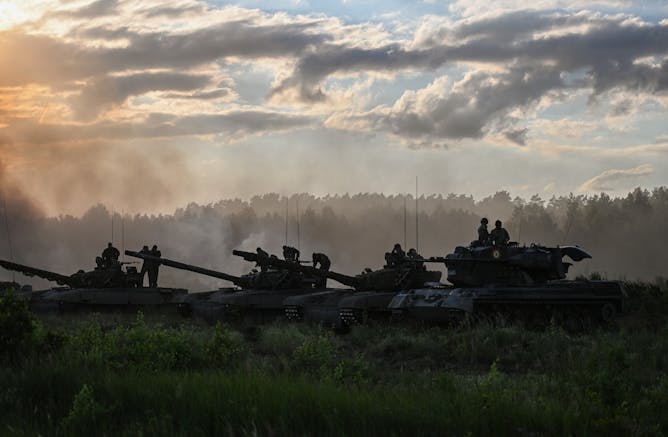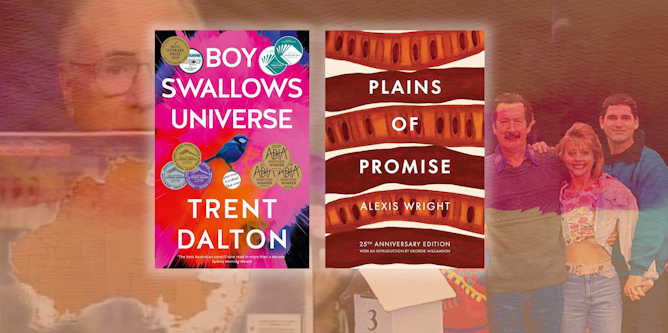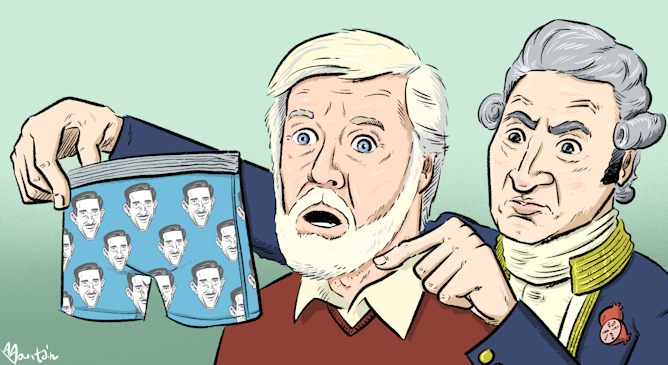|
Five months on from the first Russian invasion, the war in Ukraine looks increasingly like a quagmire. Relentless, often indiscriminate Russian bombardment is met with increasing supplies of Western arms and intelligence. Both sides threaten to escalate; neither seems willing to compromise.
The chances of a peace agreement seem remote, especially with Russia now saying any negotiations would be on its own terms – without saying what those terms might be. But as international law expert Alexander Gillespie argues, this puts the onus on Ukraine and its Western backers to propose terms of their own.
That won’t be easy, and several big questions surround the setting out of any bottom lines: should Russia be economically liable for restoration of the damage caused by its invasion? Should those accused of war crimes be brought to justice? Should Ukraine’s territorial integrity be retained, or should the country be divided and parts ceded to Russia? What would ongoing security guarantees for the region look like?
Finally, and perhaps most significantly, Gillespie asks: even if an agreement can be hammered out over Ukraine, will the precedents and perverse incentives it creates be tolerable?
|

|
Finlay Macdonald
Senior Editor, New Zealand
|
|

Alexander Gillespie, University of Waikato
No one knows what Vladimir Putin’s peace terms for Ukraine might be, but the risk of war spreading means the West must propose its own.
|

James Watson, The University of Queensland
After years of neglect, Australia’s environmental crises can wait no longer. Here’s what our new government can do quickly to begin turning things around.
|

Kevin Trenberth, University of Auckland
With President Biden expected to announce new climate plans today, a climate scientist looks at what works and some popular ideas that aren’t as cheap or effective as people hope.
|

Michelle Grattan, University of Canberra
If you’re outside staring in, you’d probably say the Albanese government is looking good. If you’re inside gazing out, you’d likely think its challenges appear little short of dire. Next week the new parliament…
|

Brendan Shannon, Monash University; Kelly-Ann Bowles, Monash University
Hospitals are struggling, with ambulances ramping outside emergency departments and patients facing long waits for care. But doing more of the same won’t fix the problem.
|

Jeanine Leane, The University of Melbourne
What do popular ‘settler’ Australian stories like The Castle and Trent Dalton’s books say about who we are? What do they evade? Jeanine Leane investigates the state of post-Mabo Australian literature.
|

Chad Morrison, Murdoch University; Brendan Bentley, University of Adelaide; Jennifer Clifton, Queensland University of Technology; Susan Ledger, University of Newcastle
Education experts say putting student teachers in classrooms risks seeing teacher attrition levels like we have never seen before.
|

Howard Manns, Monash University; Kate Burridge, Monash University
New research shows there is still a lot of love for rhyming slang – but mostly among older Australians.
|

Charlotte Dunn, University of Tasmania
Said to have been the first person to put his own head on a coin, Demetrius the Besieger is known for siege warfare, sacrilege, and extravagance.
|
Politics + Society
|
-
Jamal Barnes, Edith Cowan University
Australia’s offshore detention policies have helped to produce indifference to the suffering of refugees. Pushing refugees out of sight, and out of mind, has now placed them beyond moral concern.
|
|
Health + Medicine
|
-
Paula Lorgelly, University of Auckland
New Zealand’s reopening borders may not be enough to attract nurses and doctors who may be able to earn more and have better opportunities elsewhere.
-
Alison Spence, Deakin University; Alissa Burnett, Deakin University; Georgie Russell, Deakin University
First, check if your child is really hangry, or just angry. Feeding straight away isn’t always the answer.
|
|
Environment + Energy
|
-
Vanessa Pirotta, Macquarie University
It’s all based on their diet and how they capture their food. But did you know some whales do have teeth?
-
Gabriela Quintana Vigiola, University of Technology Sydney
Australia’s big cities have grown rapidly and strains are showing. Yet the state of the urban environment has been rated good and stable due to local and state responses to these challenges.
|
|
Arts + Culture
|
-
Christine Judith Nicholls, Australian National University
Seven years in the making, this disturbing Australian film looks at the death of 100,000 citizens in during the second world war.
|
|
Books + Ideas
|
-
Nanda Jarosz, University of Sydney
Humanity’s remarkable powers of comprehension can be aggrandising, but ultimately they demand a sense of humility.
|
|
Business + Economy
|
-
Angel Zhong, RMIT University
There are good grounds to argue the competition watchdog, or federal treasurer Jim Chalmers, should be vetoing the deal.
|
|
| |
|
|
|
Cranlana Centre for Ethical Leadership at Monash University
Melbourne VIC, Australia
•
Full Time
|

|
|
|
|
| |
| |

|
| |
| |
| |
Featured Events, Courses & Podcasts
|
View all
|
|
|
|
| |
| |
| |
| |
| |
|
|